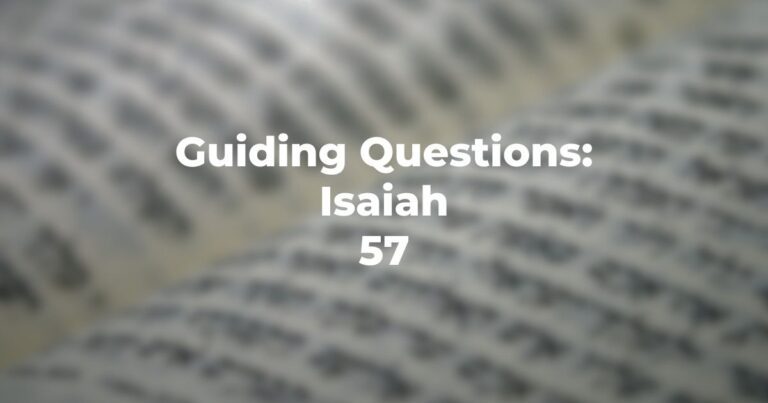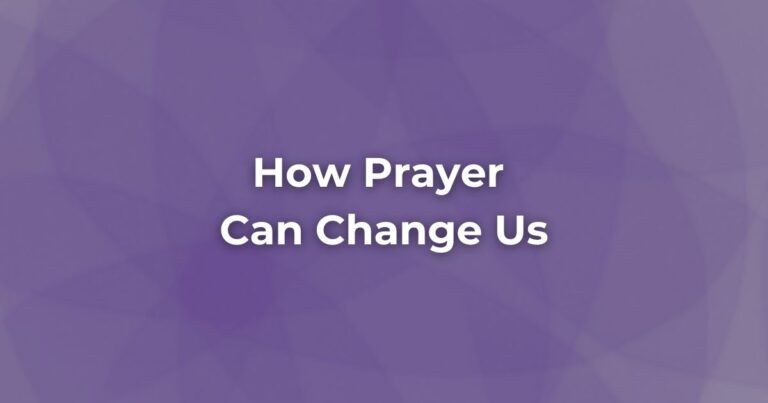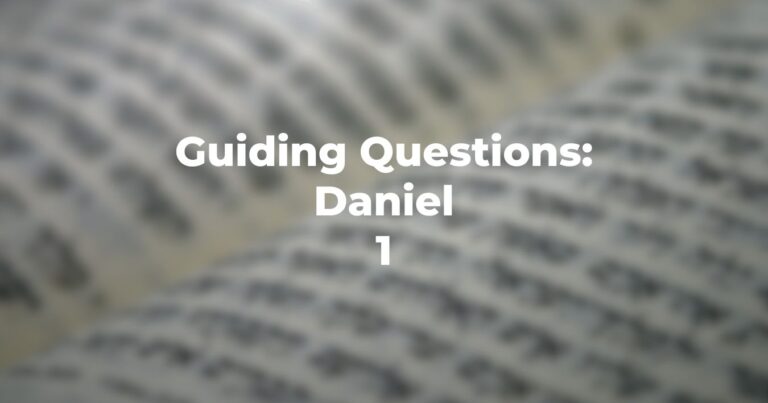- What is the occasion for the prophet to record the particular year, month, and date (Ezekiel 24:1-2)?
- What is a “city of blood” (Ezekiel 24:6)?
- What is the reference in Ezekiel 24:7 to “covering the blood with dirt” and is this an ancient custom only?
- In Ezekiel 24:9 reference is made to a roaring fire — what is the implication?
- Ezekiel 24:13 makes reference to the Divine effort to “purify”; will that effort be continued?
- Is there any hope (Ezekiel 24:14) that the Divine will determine on a less punitive course of action?
- What is to be taken from the prophet (Ezekiel 24:16) which is so dear to him?
- And, is there to be any mourning?
- And based upon what is not to be done, what were the mourning practices?
- Ezekiel 24:18 indicates that it is the prophet’s wife who dies; does the prophet follow the course of action as commanded?
- How (Ezekiel 24:21 et. seq.) does the prophet compare his personal loss to what will become of Jerusalem?
- In Ezekiel 24:24 the prophet refers to himself in the third person — is this a literary device or is someone else speaking?
- Finally (Ezekiel 24:26-27) when will the prophet actually speak?
Author
-

Exploring Judaism is the digital home for Conservative/Masorti Judaism, embracing the beauty and complexity of Judaism, and our personal search for meaning, learning, and connecting. Our goal is to create content based on three core framing: Meaning-Making (Why?), Practical Living (How?), and Explainers (What?).
View all posts




